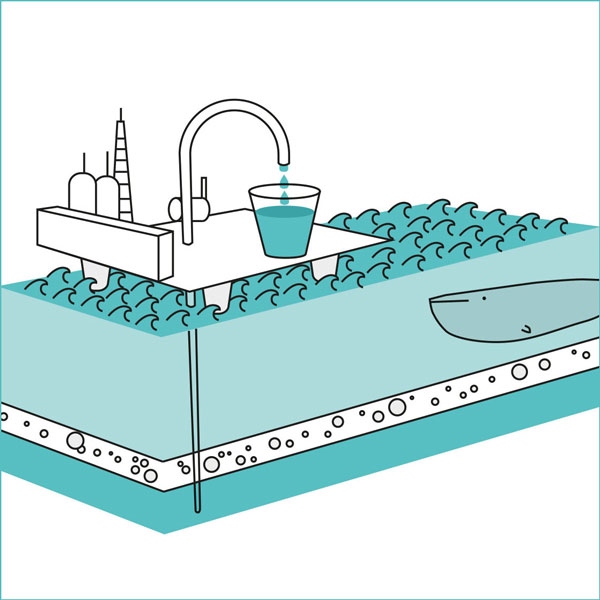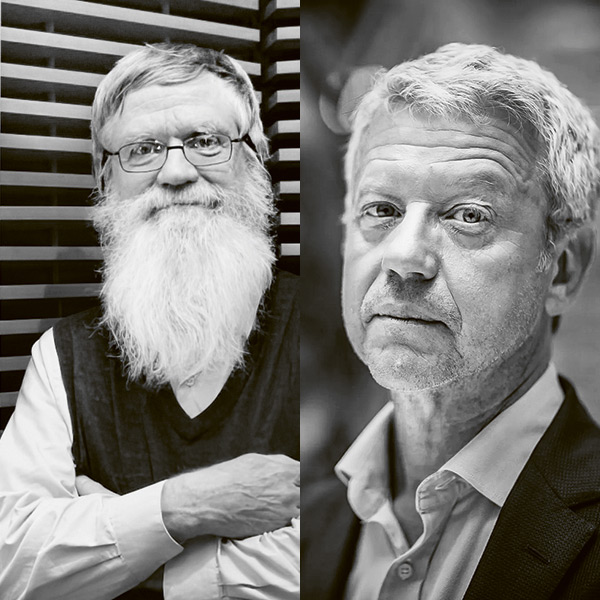Journalism
What fuels investigative journalism
Investigative journalism is largely dependent on so-called ‘mainstream’ journalism.

Traditional articles, reports, media releases, leaks and tips: These together constitute the very foundations of investigative journalism. | Image: Collage Horizonte
In our shared imagination, the investigative form of journalism is seen as superior. “Academic research perpetuates this vision by focusing mainly on award-winning investigations. We demystify this genre by redefining it and showing that investigation depends largely on so-called ‘mainstream’ journalism”, says Lena Würgler, the lead author at the University of Neuchâtel of a study on investigative journalism in French-speaking Switzerland.
Würgler has analysed investigative journalism as an ecosystem. Based on 186 investigative reports published between January and September 2018 in six newspapers in French-speaking Switzerland and on 23 interviews with their authors, she reconstructed the “food chain” of this core discipline by identifying the origins of stories: press releases, reports, field observations, leaks, tip-offs.... She then classified the reporters’ investigations into two types: reactive and proactive.
Investigative journalism in French-speaking Switzerland is largely reactive, she explains. It looks more deeply into facts already reported rather than defining its own media agenda. This observation is backed up by data from the interviews. “Although journalists devalue mainstream journalism when defining the investigation on a theoretical level, they value it as a concrete starting point for their inquiries. In these cases, they see mainstream journalism as a rich source of leads to exploit”.
The study also highlights a “feedback loop”: it often happens that one investigation triggers others, which feed the ecosystem in return. “The more this ecosystem is strengthened, the more the legitimacy of the whole profession increases”, says Würgler, who holds a doctorate in journalism and communication. “On the other hand, energy is totally focused on specific cases, leaving other parts of society unmonitored”.




